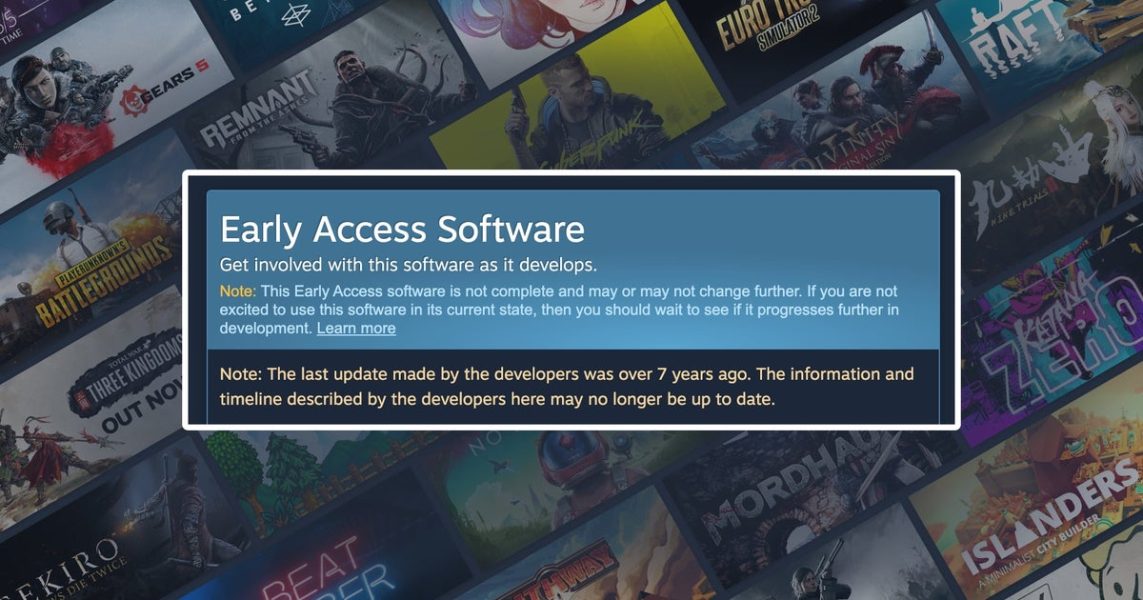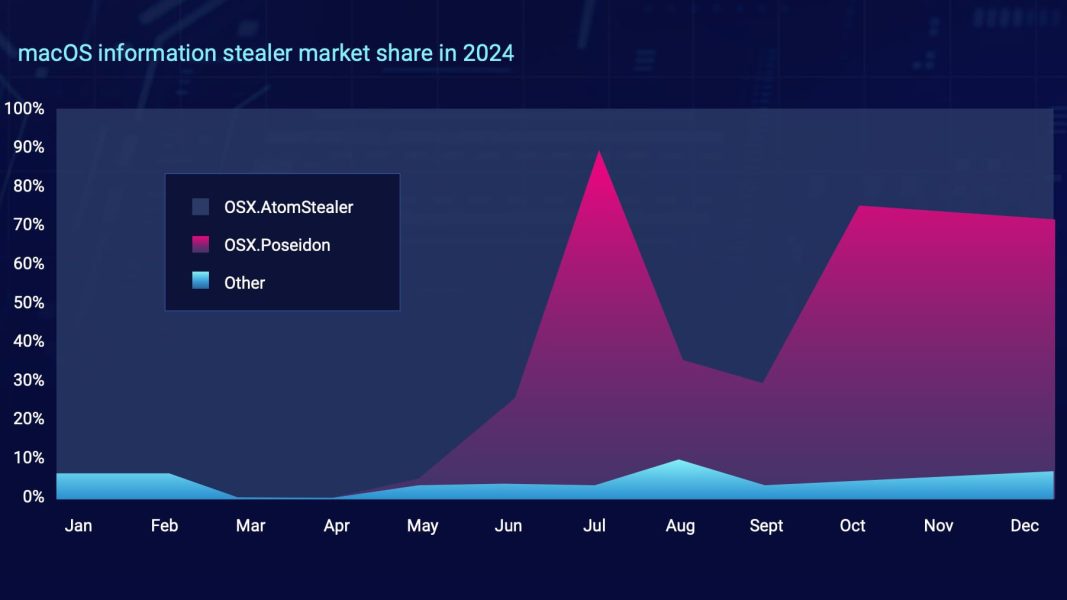Chappell Groan: The Misguided Rhetoric of an Instant Industry Insider (Guest Column) – Hollywood Reporter

Subscribe for full access to The Hollywood ReporterSubscribe for full access to The Hollywood ReporterThe Grammy winner for best new artist gets respect and true appreciation for her creativity and gumption, but is far too green and uninformed to be the agent of change she aspires to be today.
By
Jeff Rabhan
What would Prince say? Or Tom Petty? They fought for their souls and for the rights to their music, putting their careers in jeopardy for what they believed was artistic integrity — the hallmark of greatness. And when you’ve been around long enough, you know that real substantive change doesn’t come from speeches, it comes from where the rubber meets the road — life and limb, harm’s way, risking it all with action. Whether it’s Prince wresting back control of his master recordings at the height of his popularity or Petty funding his iconic album Damn the Torpedos himself — and then refusing to release it — and later taking on his label for raising the price on his LP, skin in the game earns a seat at the table. But that table requires a willingness to leave blood on the floor and to put your money where your mouth is.
Related Stories
Business
Entertainment Attorney and Activist Dina LaPolt Launches New Media Venture (Exclusive)
News
Irv Gotti, Murder Inc. Records Founder Who Worked With Ashanti and Ja Rule, Dies at 54
It seems Chappell Roan wants to turn labels into landlords, bosses and insurance providers? Have you ever tried to get your expenses reimbursed from a major label? Yet somehow you want them in charge of health-care claims? As if labels want next year’s winner to shout them down as “slumlords” in front of 60 million viewers? The architect of such a system, Motown’s trailblazing Berry Gordy, received his fair share of criticism for Hitsville’s unprecedented success, but the artists were happy with their royalties and credits, right? Exactly.
Roan gets respect and true appreciation for her artistry and gumption but is far too green and too uninformed to be the agent of change she aspires to be today. She may evolve quickly, perhaps build a confab of power-wielding playmakers or even pass the torch to another leader-to-be, but her Grammy speech was a hackneyed and plagiarized script of an artist basking in industry love while broadcasting naïveté and taking aim at the very machine that got her there. If labels are responsible for artists’ wages, health care and overall well-being, where does it end and personal responsibility begin? Should Chris Blackwell put a mint on her pillow and tuck her in at night, too? There is no moral or ethical obligation by any standard that hold labels responsible for the allocation of additional funds beyond advances and royalties.
Roan’s call for record labels to pay artists a livable wage and provide health care was noble — but also wildly misinformed. Her rise to stardom, fueled by viral moments, major label backing and an industry desperate for the next alternative pop starlet, proves she’s no longer a struggling artist. She should do something about it — rather than just talk at it. Change is waiting to be championed, not just announced.
Chappell Roan, born Kayleigh Rose Amstutz, isn’t the first artist to frame themselves as an outsider railing against the system. But the moment she stepped onto the Grammy stage Sunday night, she was no longer the scrappy indie artist fighting from the fringes — she became part of the establishment. It is disingenuous to cash a fat label check, ride meaningful industry support to mainstream success and then act like the kid who didn’t get picked for dodgeball when your name is called.
I’ll break the news: You are no longer a revolutionary fighting the power — the oldest music cliché in history — but you are positioned to do great things for artists and writers nonetheless. See? There’s still room for puppy dogs and ice cream in this story.
Roan is a product of the same system she’s critiquing. Island, a subsidiary of Universal Music Group (the world’s biggest music company for many years running), didn’t throw down big bucks for fun — they ran the numbers, assessed potential revenue, and invested hard cash and company bandwidth to build her identity and a sustainable business around her music. That’s how the industry works. Record labels are businesses, not charities, and the deal is simple: They put up the money, take the risk, and in return, they get a cut of the profits.
Could the system be better? Sure. Should artists get better deals? Absolutely. But Roan’s speech lacked the nuance and industry awareness to build any consensus or even speak to the priorities of an artist’s platform of issues. Demanding that labels pay artists like salaried employees ignores the fundamental economic structure of the business. No one is forcing artists to sign deals. For the one-millionth time — if they don’t like the terms, they can stay independent, own their masters and take the financial risk themselves.
So a label should be slapped for running its business like a business, while your advance goes toward more important things — like a personal ayahuasca shaman from Detroit and a toilet that speaks four languages? Make it make sense.
Why isn’t Roan pushing her artist peers to put their money where their mouth is and donate 2 to 3 percent of their advance to a fund that supports fellow artists? She’s now breathing rarefied, elite-level air, and the time is limited to get the Beyoncés, the Biebers, the Taylors, the Brunos on board — since the only way across the finish line is top-down funding. If they’re truly concerned about a livable wage, maybe they should look at how their advances are structured first.
Labels get and deserve plenty of criticism but writers, the backbone of this industry, are suffering far worse than performing artists, so this whiny expectation that labels and/or publishers should be responsible for making sure artists function as fully formed adults is absurd and reeks of entitlement.Here’s what Roan might not understand: record deals are structured as investments, not salaries. When an artist signs a contract, the label provides an advance, which is essentially a loan. That advance covers recording costs, marketing, distribution and — if negotiated — tour support. Major labels take at least a seven-figure risk on every artist, knowing that almost 60 percent never recoup a fraction of the costs and 15 percent cover the bills for the entire roster.
Should artists have better health-care options? Absolutely. Sounds like a union thing to me. Most independent managers don’t have insurance, either — it’s a flaw in the industry at large, not just on the label side. Artists can negotiate their deals any way they choose — to direct a portion of their advance toward health-care coverage, just like they do with recording costs. Some already do.
And a livable wage? That’s a different conversation entirely, but it begins with this: Isn’t an advance for that precise purpose? One might argue that the six-figure advances labels pay just for signing your name are livable — and they certainly buy you time to make the entire record you promised before you run out of cash, right?
“Let’s be revolutionaries — right after my direct deposit hits” is a sham.
Recently, Bill Maher’s critique of Roan on Real Time hit the mark, calling her out for the trendy, performative activism that plagues young stars — where they make grand statements without understanding the complexities of the issues they’re addressing.
Maher’s point? Roan is uninformed — not because she’s untalented, but because she hasn’t lived in the industry long enough to understand its intricate workings. Now anointed best new artist, she’s experiencing her first wave of mainstream success and, like many before her, believes she’s in a position to dictate systemic change without offering tangible solutions.
And therein lies the problem: Artists like Roan aren’t changing the game; they’re repeating the old one — young stars getting a taste of success, turning into critics of the machine that elevated them, and ultimately, continuing to profit from that very system.
To champion struggling artists, leading by example is the only way. Actions speak louder than viral Grammy moments, and there are real ways to make a difference:
This is what real industry disruptors do. Taylor Swift didn’t just complain — she rerecorded her entire catalog and managed to gross a billion dollars in her spare time. Prince reinvented his entire business model. Petty went on a creative hunger strike and held one of his best records hostage. That’s how you force change — put it on the table and take the hit to elevate everyone.
“Labels, we got you, but do you got us?” Roan lamented to those in the front rows. The words of a fighter not yet ready for a shot at the title. This isn’t a game of laser tag at the mall with your friends — it’s bare-knuckle warfare at sold-out Madison Square Garden — it’s the toughest business on earth. The artists and managers wearing their grown-up pants know that the high-stakes game of commercial creativity has a talent plateau and a shelf life — altruistic and good intentions never overshadow reality. They got you until you no longer add value and you got them until a different one tells you you’re smarter and more talented and will prove it with money. It’s not cynicism, it’s acceptance. Stevie Nicks foreshadowed this with “Can I handle the seasons of my life?,” that pit of uncertainty that passage of time brings. Labels and publishers cannot fix all that is broken, or be deemed “evil” for not picking up careers and lives that shatter when the window of opportunity slams shut. Own it. It makes seeing solutions easier when you realize there’s just “us.” Right, Stevie?
I’ll bet that if the artists come to the table as partners with thoughtful solutions to protect our community, in these extraordinary times, the same faces will be there listening just like they were this past Sunday.The industry matrix is far from perfect and often a dysfunctional clown show — but Roan isn’t ready to be Neo. She alone cannot change what requires a village. Get off the Grammy stage and find the smartest people you know to help build a platform. Use your celebrity to twist arms for good — go to the homes of your industry partners and just listen. Otherwise, you’re liable to become just another artist no one cares about in the industry burning their 15 minutes of fame for an echo chamber of applause. Great songs last a lifetime and more, and I am certain that the very real struggles our beautiful, creative community face are deserving of far more than a “trending” sticker for just one day.
Jeff Rabhan is the former Chair of the Clive Davis Institute of Recorded Music at Tisch School of the Arts, New York University. He is also co-founder and CEO of bored-of-ed.com, an edutainment platform for consumers and industry professionals. Sign up for THR news straight to your inbox every daySign up for THR news straight to your inbox every daySubscribe for full access to The Hollywood ReporterSend us a tip using our anonymous form.
Source: http://www.hollywoodreporter.com/news/music-news/chappell-roan-grammys-speech-misguided-1236128051/






